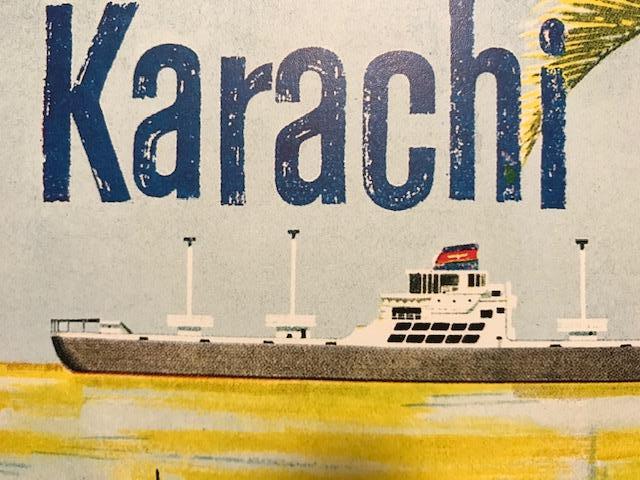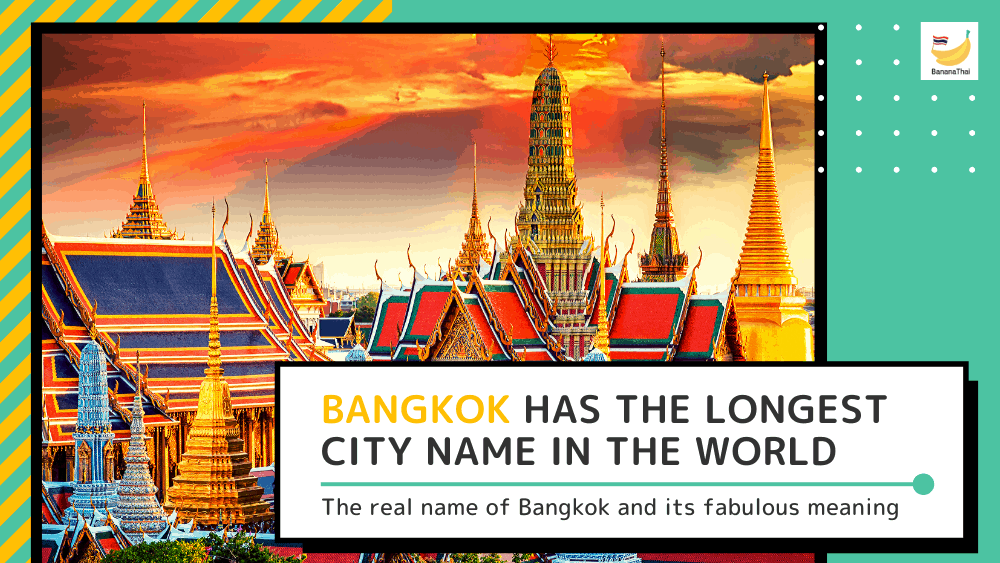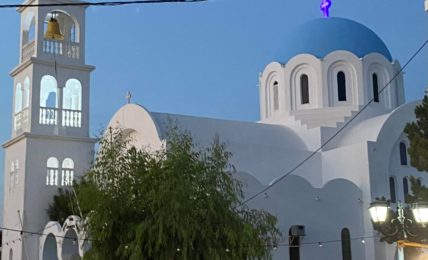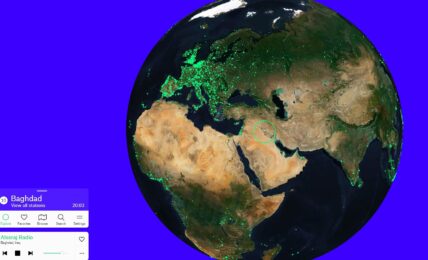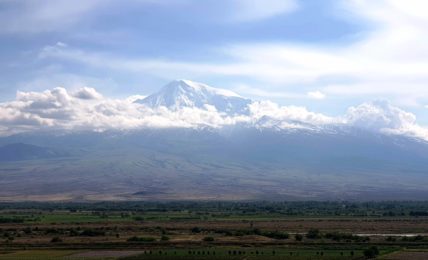“Suono della lingua” è un progetto per ascoltare i nomi del mondo. Perché si può giocare a viaggiare anche così
Riscrivere le lingue attraverso pronunce che sono misteri e idiomi inventati, e che regalano il sapore di quelli veri. Viaggio attraverso il suono dei luoghi.
